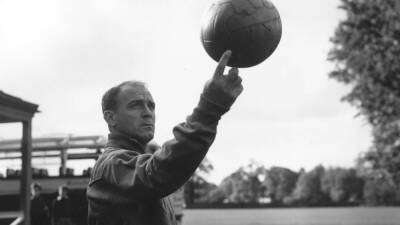Jasmin Akter: From Rohingya refugee camp to Street Child World Cup
«Sport has been something that has given me this new life. If I didn't play sports, I don't think I would be sitting right here with this opportunity. I would be depressed.»
Jasmin Akter is a Rohingya refugee who resettled in the UK when she was just eight years old.
The 21-year-old, who lives in Bradford, captained England in the final of the Street Child World Cup in May 2019 and was named one of the BBC's 100 most inspiring and influential women in the same year.
Sport has changed her entire world, and it is through that she has been able to use her voice to highlight the importance of allowing women from her community to play.
Before Akter was born, her parents were forced to flee from Myanmar (formerly Burma) because of the «ethnic cleansing» of the Rohingya people, as described by the United Nations.
They relocated to the Nayapara refugee camp in Bangladesh, which borders Myanmar.
A decade later, Akter's father died suddenly just months before she was born, and for the first eight years of her life, she lived in a refugee camp.
«In terms of our day-to-day life within the camp, I'd say there's no word to describe it. When I compare my life now to then, I feel like that wasn't even a life,» Akter says.
«We were living off rations and obviously if we ran out, we had to starve or beg because there was no-one else to help us.»
Akter lived in the refugee camp with six family members, including her mum, in one room.
«Conditions-wise, the facilities there were pretty bad,» she says.
«I did not have any privacy because obviously I've got six family members and we were all stuck in a small room. I did not have my own room, even to use the toilet.»
Life in the camp was a stark contrast to life in the UK, where Akter has since





